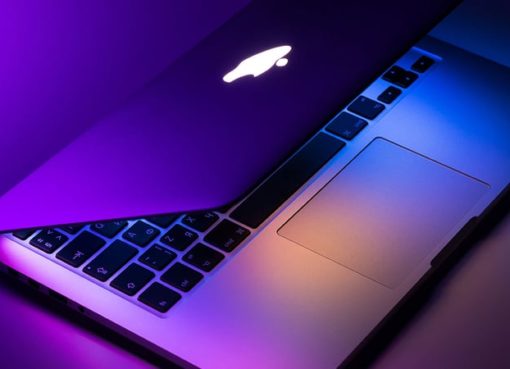China plans to use a blockchain-based blockchain initiative to verify users’ identities as they access the internet. This is being pushed by the Ministry of Public Security and the Blockchain-based Service Network.
As many of us know, China has a complex relationship with the blockchain and crypto space. On one hand, the country has banned third-party cryptos and has even cracked down on crypto mining in the past. On the other hand, China has issued its own Central Bank Digital Currency (CBDC) and does not seem opposed to using blockchain technology.
Case in point, China has announced plans to verify the identity of its citizens using a blockchain-based initiative. This announcement was made by the country’s Ministry of Public Security and will be used to facilitate internet use.
How China Plans to Leverage Blockchain
The tool that the ministry plans to use for this purpose is called RealDID and this was developed with the aid of the Blockchain-based Service Network. China already has some strict rules about identity when using the internet. For example, influencers who have more than a certain number of followers on some sites are required to state their government names and disclose any sponsorships.
Blockchain comes into the mix by having everyday users confirm their identities through RealDID. Through a combination of DID addresses and private keys, users can confirm their identities but also surf the internet without revealing their business data.
This development is very significant because it marks the first national-level decentralized identity verification system. Should it go off without a hitch, it will show yet another large-scale application of blockchain technology. It shows that blockchain can be used to verify identity for internet use and this comes with a plethora of benefits. It means that, while users do not need to display their sensitive information while browsing, they can verify their identity to government bodies.
This could potentially promote online safety and, if needed, trace individuals engaging in harmful or illegal behavior online. On the other hand, there is concern about users being required to submit their details when they want to go online from a human rights perspective. As some see it, there is a fine line between ensuring safety online and violating people’s privacy.
There was also some backlash when the US removed China’s Institute of Forensic Science from its trade sanctions list. This was done to combat the trafficking of drugs to the United States, which the government felt that China could aid with. Still, this decision saw a lot of backlash because of the country’s human rights record, which has not always been stellar.
But even though the US was willing to take the institute off the list, the government still seems to be exercising some caution regarding China. Currently, there is a bipartisan bill that looks to ban US government officials from using Chinese blockchains to protect sensitive government data.




